Tomato paste is packed in different packages. It is packed in tins, cans, sachets, and even in steel drums when it comes to exportation. The 400g is the most usable which comes at a reasonable price.
In Nigeria, people use this package in tin or glass jars which is determined how and where they want to use it. Also, they freeze it in plastic containers to last longer.
In spite of the fact that tomatoes could have a number of advantages, Nigeria continues to buy tomato paste concentrates from other countries at a cost of over 170 billion dollars annually, which amounts to an average of 150 thousand tons.
As a direct result of this, the country is currently ranked as the thirteenth largest importer of tomato paste in the entire world and as the third largest importer in Africa.
While he was harping on the nutritional, health, and economic benefits of tomato products, he bemoaned the fact that the country still relied heavily on tomato paste importation. He said this while he was harping on the benefits of tomato products.
This is despite the fact that Nigeria is one of the leading producers of tomatoes in both the African continent and the world; consequently, the priority that the federal government places on its production is due to the fact that Nigeria is one of the leading producers of tomatoes on both the African continent and the world. In addition to this, he lamented the fact that the nation was still highly reliant on the importation of tomato paste.
Tomatoes are regarded as being among the most significant and important crops to cultivate as part of the food security program that is administered by the Federal Government of Nigeria.
It is a valuable raw material that is utilized in the manufacturing of processed foods such as juice, puree, paste, ketchup/sauce, dry slices, powder, and canned or bottled whole foods.
Some examples of processed foods include juice, puree, paste, ketchup/sauce, dry slices, and powder. In addition to this, it is an important component of the food consumed on a daily basis.
Because of the crop’s economic and nutritional significance, a considerable amount of land is dedicated to its cultivation. Tomatoes provide the body with a variety of essential nutrients, such as vitamins A, C, and K, in addition to being an excellent source of lycopene and other antioxidants. Tomatoes are also an excellent source of lycopene.

Tomato farming is a lucrative industry that provides opportunities for profit to farmers and agents who are involved in the provision of inputs, production, processing, marketing, and transportation of tomatoes. Tomato cultivation is also a valuable industry in and of itself.
Tomatoes are not only an excellent source of lycopene and other antioxidants, but they also provide the body with a wide variety of other nutrients that are necessary for proper functioning, such as vitamins A, C, and K.
Tomato farming is a lucrative business that offers potential earnings to farmers and agents who are involved in the provision of inputs, production, processing, marketing, and transportation of tomatoes. Tomato farming is a valuable industry.
Tomatoes provide the body with a variety of essential nutrients, such as vitamins A, C, and K, in addition to being an excellent source of lycopene and other antioxidants. Tomatoes are also an excellent source of lycopene.
Tomato farming is a lucrative industry that provides opportunities for profit to farmers and agents who are involved in the provision of inputs, production, processing, marketing, and transportation of tomatoes. Tomato cultivation is also a valuable industry in and of itself.
The current output in Nigeria is at 2.3 million metric tons, which represents a growth from the 1.8 million metric tons that were produced in the country two years ago. On the other hand, the demand in the nation stands at three million metric tons at the moment.
If the correct techniques for growing tomatoes are followed, crop yields will increase, and there will be a larger quantity of tomatoes accessible for processing. Both of these outcomes will be positive.
This will go a long way toward decreasing the number of tomatoes that are brought into the country, especially at the time of year when there is a shortage of tomatoes. This will go a long way toward lowering the number of tomatoes that are brought into the nation.
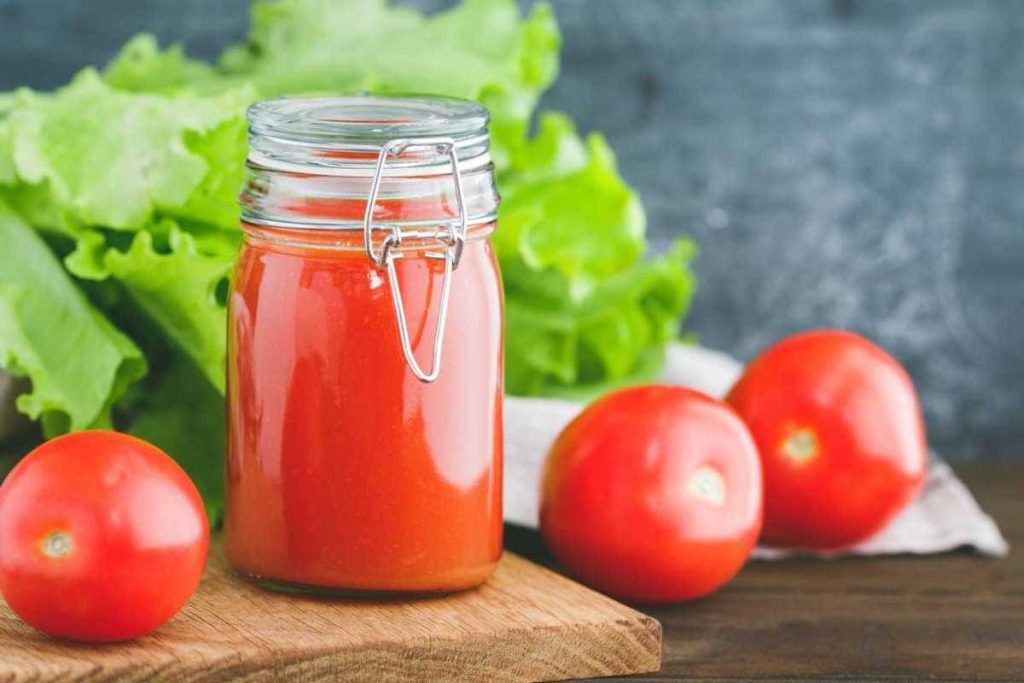
The second largest producer of tomatoes on the African continent, Nigeria is responsible for around 65 percent of all tomatoes cultivated in West African countries. As a result, Nigeria is now ranked as the fourteenth biggest producer of tomatoes in the world.
Despite the fact that tomatoes have a lot of potentials, Nigeria still imports more than 150,000 tomato paste concentrates per year at a total value of around 170 million dollars.
As a consequence of this, the country is the thirteenth largest importer of tomato paste in the whole world and the third largest importer in Africa,” noted.
The second largest producer of tomatoes on the African continent, Nigeria is responsible for around 65 percent of all tomatoes cultivated in West African countries.
As a result, Nigeria is now ranked as the fourteenth biggest producer of tomatoes in the world. Despite the fact that tomatoes have a lot of potentials, Nigeria still imports more than 150,000 tomato paste concentrates per year at a total value of around 170 million dollars.
As a consequence of this, the country is the thirteenth largest importer of tomato paste in the whole world and the third largest importer in Africa,” noted.
Therefore, capacity building and training are aimed at getting more Nigerians to benefit maximally from the commodities through improved production practices such as nursery management, field management, pest and disease control, and harvesting.
These practices include nursery management; field management; pest and disease control; and harvesting. Nursery management, field management, pest and disease control, and harvesting are some of the techniques that fall under this category.
Plantain, on the other hand, is an important crop that can serve both as a staple food and a source of cash, which is especially helpful for farmers who only have a little amount of land available to them.

It is an agricultural business that does not need a large initial investment, cultivating plantains is quite lucrative, and the bulk of the land in Nigeria is appropriate for doing so.
Manufacturing plantains is one of the key economic activities in Nigeria, and the nation is a significant participant in this sector everywhere else in the globe.
He went on to state that Nigeria was now ranked sixth in the world in terms of plantain production, and that the nation had accomplished a production total of 3,182,872 tons in 2019.
Earlier on in his opening remarks, the Chairman of the NIHORT Governing Board, Major-General Mohammed, mentioned that as valuable horticultural crops are grown in the country, “tomato and plantain are important economic and food security crops in Nigeria.”
This was said by Major-General Mohammed in reference to the fact that “tomato and plantain are important economic and food security crops in Nigeria.” He continued by saying that tomatoes and plantains are essential crops for Nigeria’s economy and food security.

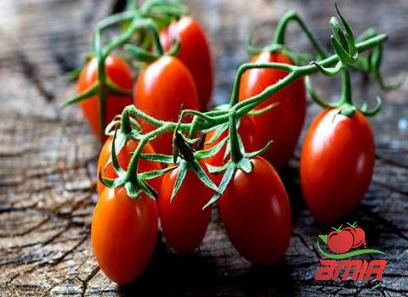
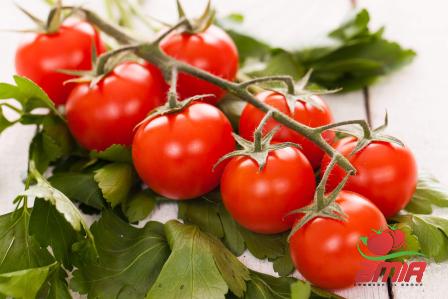

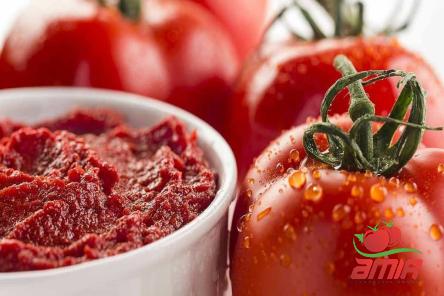

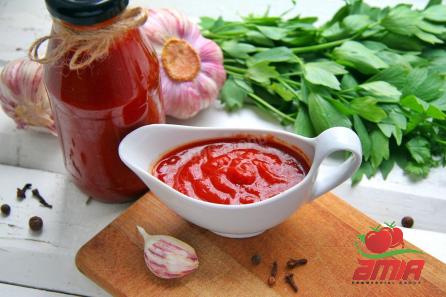

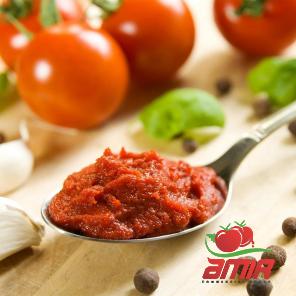
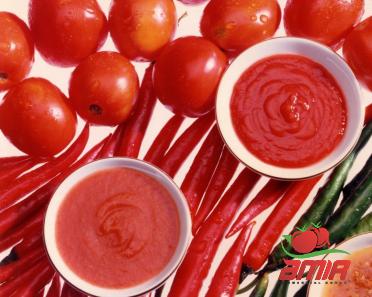

Your comment submitted.